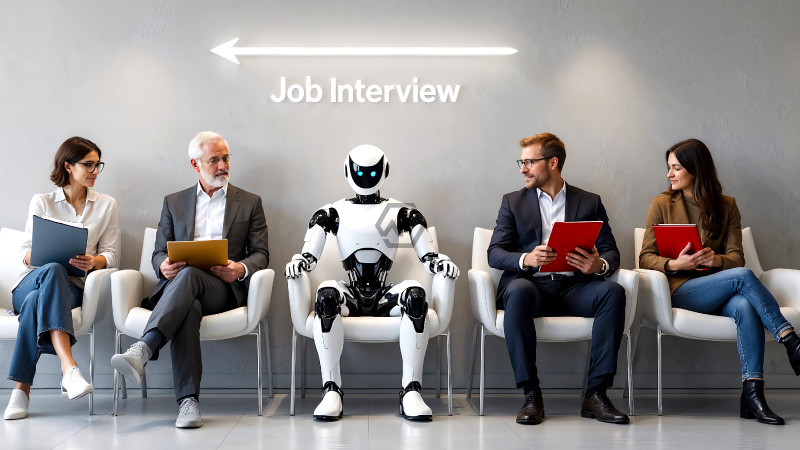- AI is transforming industries but can’t replicate uniquely human skills.
- Creative, human-centric, and strategic roles remain resilient to automation.
- Embracing adaptability and emotional intelligence is key for the future workforce.
Artificial intelligence is revolutionizing how businesses operate, automating routine tasks, and improving efficiency through tools like machine learning, robotic process automation (RPA), and business process management (BPM).
Experts emphasize that careers relying on creativity, empathy, or complex decision-making are the most resilient. Professionals in the arts, education, healthcare, and leadership are less likely to be replaced by automation, as these roles demand emotional intelligence, ethical reasoning, and innovation—traits that AI struggles to emulate or fully understand.
Thriving in the AI Age: 3 Job Categories That Will Endure
AI automation is not limited to repetitive tasks—it now encompasses data analysis, chatbots, and intelligent decision-making systems. This level of advancement means that some job categories are more vulnerable than others, especially those based on pattern recognition or manual inputs.
However, AI still has clear limitations. It cannot generate original creative works with emotional resonance, deliver nuanced human interaction, or make high-stakes decisions with moral complexity. These limitations spotlight where human workers still hold a strong advantage.
Creative roles, such as those in media, marketing, and design, thrive on unique expression and storytelling—capabilities that machines can mimic but not originate. Similarly, educators, nurses, therapists, and social workers provide care and guidance that requires empathy and lived experience.
Leadership roles involving vision, ethics, and strategy also remain essential. The ability to make judgment calls, innovate under pressure, and inspire teams goes beyond algorithmic computation, reinforcing the value of complex human insight in AI-enhanced workplaces.
As AI continues to evolve, individuals who blend emotional intelligence, creativity, and strategic thinking will not only survive but flourish—proving that the future still needs the human touch.
“It is not the strongest of the species that survives, nor the most intelligent, but the one most responsive to change.” — Charles Darwin



